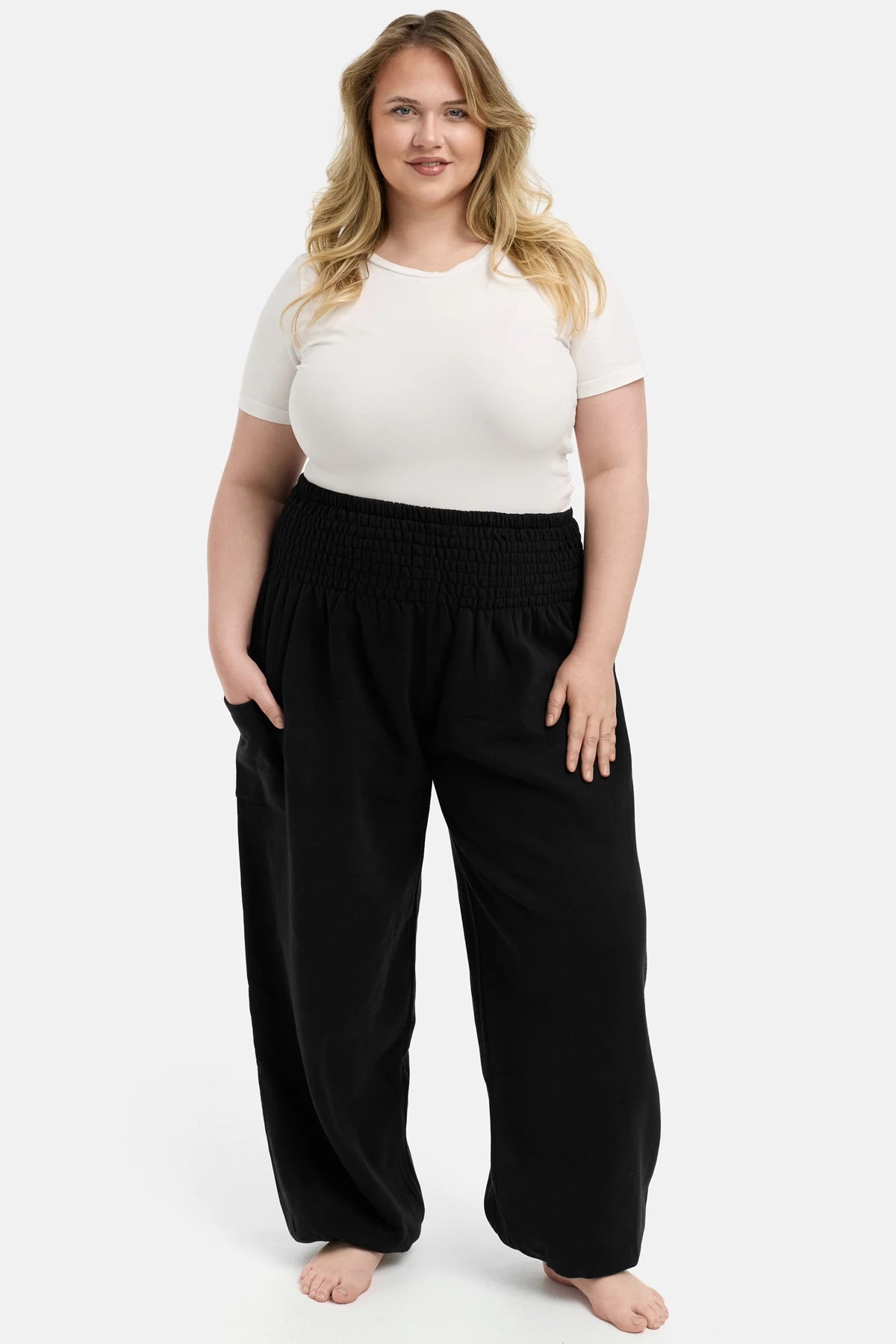
Table of contents
Hold on or let go – resilience for children
I can not anymore!
“I don’t want to do homework!” “I don’t want to go to school” “I can’t take it anymore.” "I can't." “I don’t want to meet the new people.” “I don’t want to take the test.” “I don’t feel like exercising.”
We encounter these and similar statements from our children every day. Often we just react to it as if on autopilot - maybe we even respond the way our parents did to us. We try to get the situation over with and end the conflict. Our first impression may even be that the children just want to rebel and we are trying to maintain some sort of control.
We answer:
“Well, you have to.” “Life isn’t always what you want it to be.” “Sorry, you have to go through that.” “No, it doesn’t exist here.” "I had to do that back then too. It's completely normal."
Internally, many parents waver back and forth like straws between supposed empathy towards their child, societal, economic and social pressure and their own feelings of guilt: we all know that. How often as adults don't we think: "I wish I didn't have to live like this anymore. Unbearable. Such crap."
But what is it really about? In such moments, many children – and parents too – ask themselves: What is going on here? Is it the weaker inner self that needs to be overcome? Do you just have to go through it, do you have to do things you don't want to do, is it just a matter of desire or displeasure? At what points is it important to listen to the child (and yourself) and to say no, and where is it the order of the day to persevere and not avoid an unpleasant situation?
Pressure or challenge
The crux of the matter lies in assessing the situation. To achieve this, many different aspects of interaction must be taken into account:
- What stage of growth is the child in?
- Is this condition permanent, does it repeat itself?
- What is it really about? Does the child just not want to get up in the morning or is he afraid of something? Is the resistance emotional or is it a matter of a more superficial pleasure principle?
- Can the child grow and mature as a result of the situation - or is he exposed to pressure that diminishes his personality and weighs him down?
Not only with children, but also with ourselves, the question always arises: What will happen if I have persevered? What is the result? Does what I've put myself through the eye of a needle for serve me? Or am I just holding out so I can conform to a certain standard? Do I really want to achieve this goal myself? Or, when parents think for their children:
Does this internal struggle serve my child’s growth? Can I encourage it, support it? Or is it torturing itself in favor of a concept that perhaps doesn't suit us at all?
In this process, it can help to examine one's own feelings of guilt that have arisen due to unfulfilled expectations of oneself or others. Who do I feel guilty about? What do I think I missed? Who would benefit if I got through this situation? Do I feel that I would grow bigger inside? Or is everything compressing inside me?
If we as adults have figured out what is going on with us and have initially separated these feelings from the child's experience, we can respond to the child's resistance with sensitivity and empathy. We sense whether it is testing its limits or whether it needs us to stand up for it and reinforce its no.
Values help
In order to find a clear position as a family regarding the challenges that we want to face, it is good to have a common, healthy basis of values. Children need our values, our inner clarity and a clear point of view. They want and have to wear themselves out and reflect on it. This allows them to accept what gives them strength and reject what doesn't suit them.
If we as parents do not represent values and vacillate back and forth, the children will find no point of reference.
With the help of our values, we can give our children a guiding hand as they overcome hurdles. We can offer an outlook and address the children's intrinsic motivation to persevere - or to stick with their no. It is important that children learn to face challenges and emerge more mature by overcoming them. But this is only possible if you have a sense of “what for?” receive. Depending on the age of the children, they cannot consciously force this and thus motivate themselves, but the parents can do this for them: the children then inexplicably feel the clear attitude of the family, the social group and experience encouragement through the challenge.
Pressure arises when a person has to do something that contradicts their deepest being and the meaning of which does not add value to them. Furthermore, when a person's integrity is violated by a requirement, the challenge is no longer a healthy growth environment, but a damaging environment.
Values that we can use as a guide say: That's why you can stay in this situation and influence it. You are important. This moment is an opportunity and serves your path in life. You don't have to prove anything to anyone. Rather, it's about acting based on your identity as a human being worthy of being true to yourself.
Question
Last but not least, we have a responsibility to continually question our values: Do they still serve the next generation? Is it important to let go of something that may have served us back then but has become obsolete today? Do we want to grow with our children and take their no as an opportunity to take on a challenge ourselves? How can we stay connected with our children so that they become able to recognize challenges as such and to expose pressure moments that are not good for us through a clear attitude?
Resilience arises when challenges that belong to us and suit us are overcome. Every person has their own playing field and we should always remember that not everyone faces the same hurdles as us. Children can also learn to recognize this among themselves. This creates a strong community that recognizes individuality as just as important as adaptability through healthy friction and personal growth.
If you would like to learn more about family and pregnancy, mindfulness, nutrition or sustainability, Check out more exciting blog articles on these topics here.
AUTHOR: SARAH ACKER




























Leave a comment
This site is protected by hCaptcha and the hCaptcha Privacy Policy and Terms of Service apply.